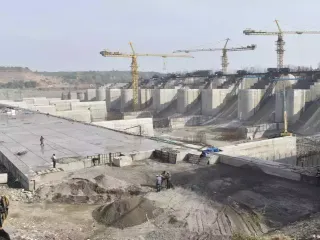Efficient water management in agriculture is crucial for ensuring food security and sustainable farming practices, especially in the face of global water scarcity exacerbated by climate change. Agriculture accounts for approximately 70% of global freshwater withdrawals, making it imperative to adopt strategies that optimize water usage. Key methods include: - Precision Irrigation: Utilizing technologies such as drip irrigation, micro-sprinklers, and soil moisture sensors allows for the precise application of water based on real-time data, reducing wastage and enhancing crop productivity. AI-powered systems further optimize water distribution, potentially reducing usage by up to 30% while increasing yields by 20-30%. - Crop Selection and Rotation: Choosing drought-tolerant crop varieties and implementing crop rotation practices can conserve water, improve soil health, and manage nutrient balance, thereby reducing overall water demand. - Mulching: Covering soil with organic materials like straw or compost helps retain moisture, reduce evaporation, control weeds, and regulate soil temperature, leading to decreased irrigation needs. - Water Harvesting and Storage: Implementing rainwater collection systems and constructing ponds or reservoirs can capture and store water during rainfall, providing resources during dry periods and reducing reliance on groundwater. - Policy Support: Governments can promote efficient water use by offering incentives for adopting water-conserving practices, implementing supportive policies, and providing educational programs to encourage sustainable agriculture. By integrating these strategies, farmers can enhance water use efficiency, ensuring sustainable agricultural practices and contributing to global food security.


























-(20)jpeg-1745030278713.jpeg.webp)





